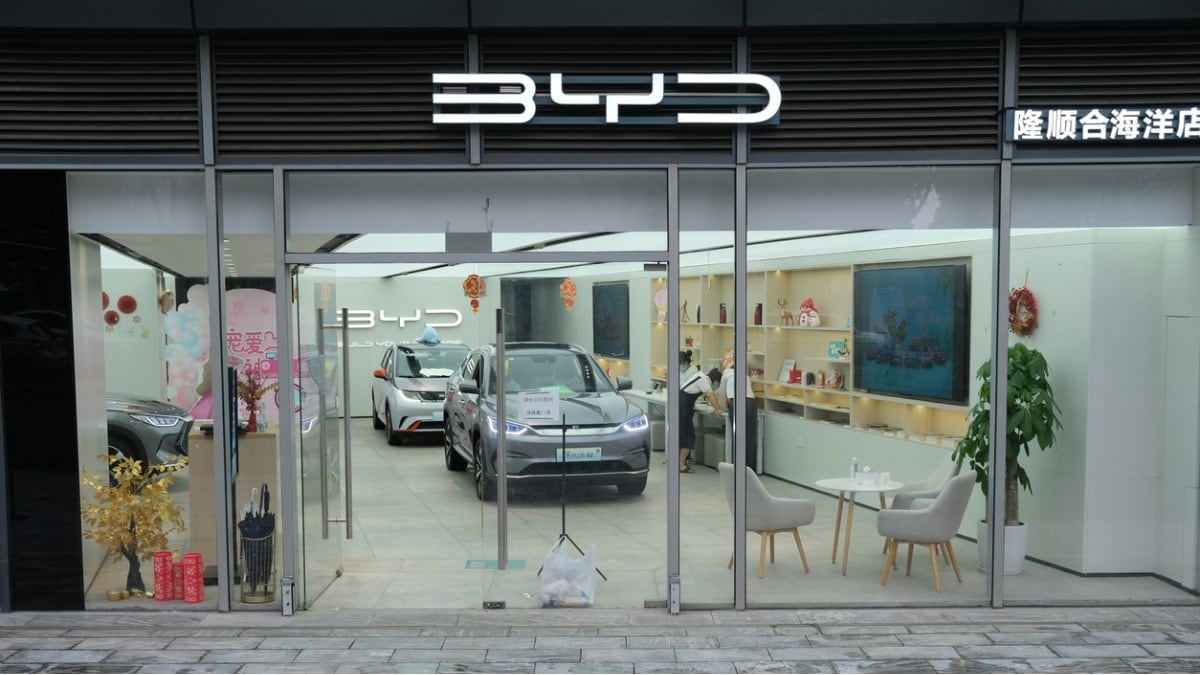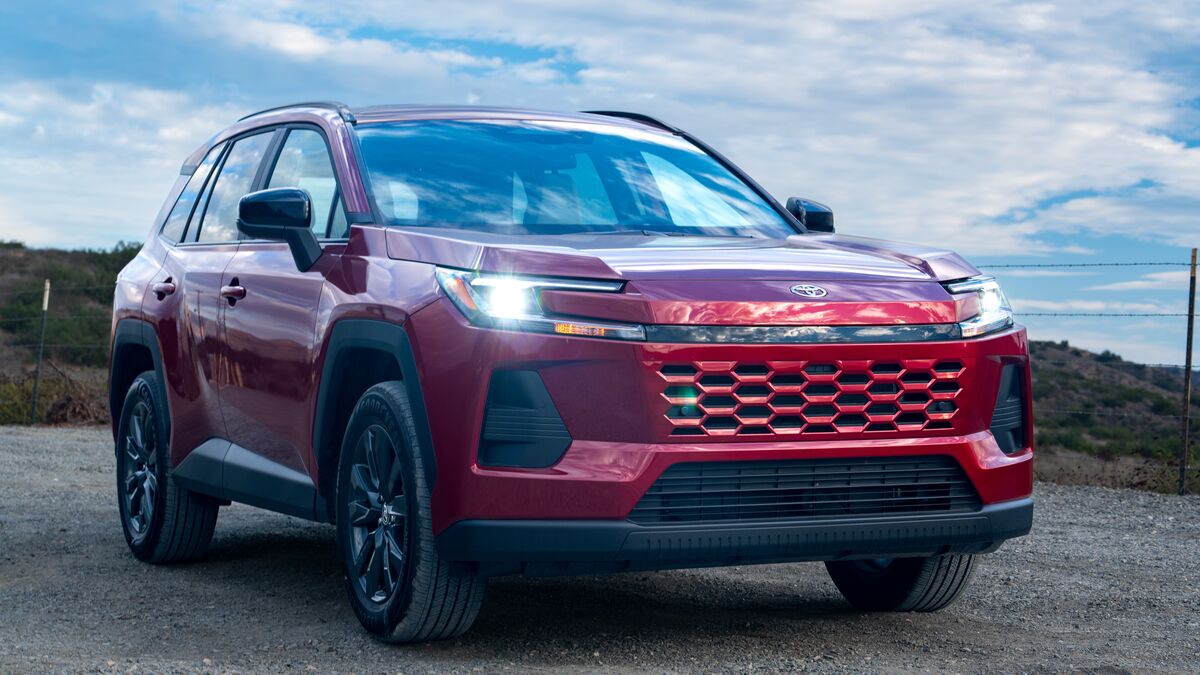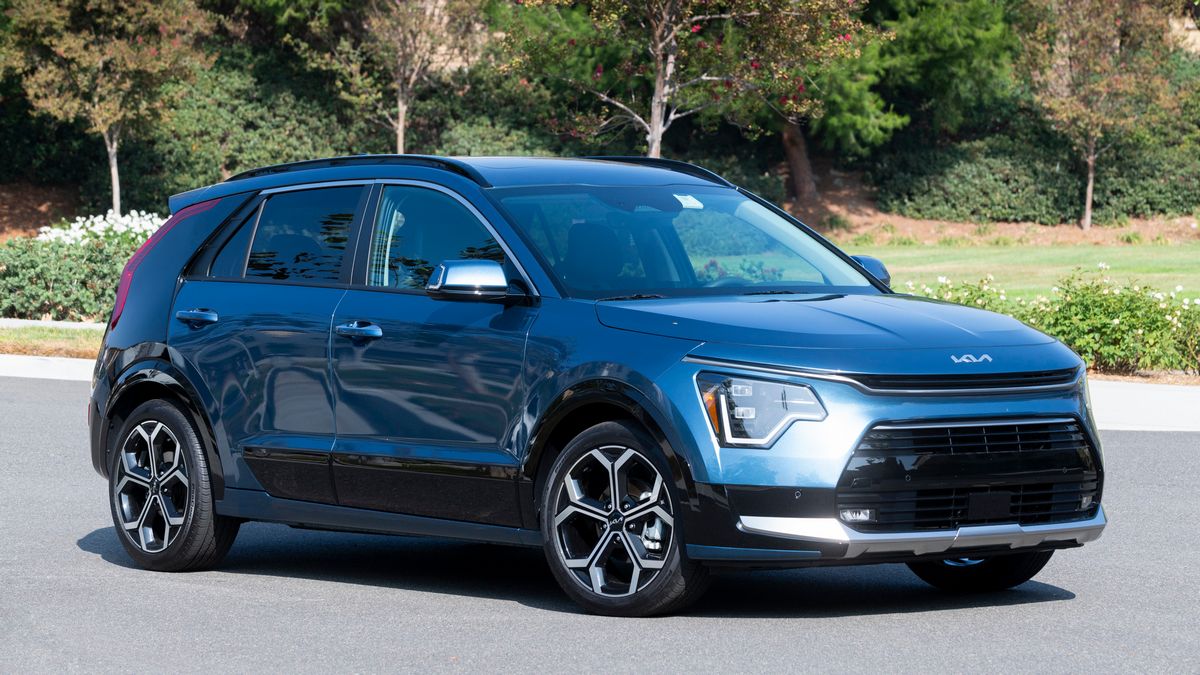The epicenter of the global auto industry is shifting to China. However, the United States government may take dramatic steps to prevent Chinese electric vehicles (EVs) from competing for American buyers soon.
The Wall Street Journal reports, “The Biden administration is preparing to raise tariffs on clean-energy goods from China in the coming days, with the levy on Chinese electric vehicles set to roughly quadruple, according to people familiar with the matter.” That would take the tariff on cars imported from China to 100%, effectively doubling the price of Chinese electric cars.
A Theoretical Threat, for Now
The Chinese auto industry has quickly become the world’s largest. The Chinese buy more cars than Americans or any other population. And last year, China briefly exported more cars than any other country (though it lost its export title late in the year).
The country dominates global trade in EVs so much that two years ago, Congress rewrote a law that gives tax credits to many EV buyers to try to exclude Chinese-made components.
The Chinese economy has been volatile in recent years. Reuters reports that China set a record for auto exports last month, partly because Chinese domestic sales crashed, and the country’s automakers looked to ship cars to any country where they might sell.
So far, that doesn’t include the U.S.
But a Growing Worry for Automakers
No Chinese automakers sell cars in America today. Several automakers you know well build cars in China and sell them here. Volvo, for instance, is owned by Chinese automaker Geely. Ford imports its Lincoln Nautilus SUV from Hangzhou. Other vehicles built in China for sale in the U.S. include the Buick Envision, Volvo EX30, and Polestar 2.
But Chinese brands like BYD and Great Wall Motors don’t yet sell cars in the U.S.
Auto industry insiders worry they will.
Last year, a trade group warned that low-cost Chinese EVs in America could be “an extinction-level event” for the U.S. auto industry, which likely could not compete on price.
Several Chinese automakers have built or plan to build factories in Mexico, where Chinese-built cars now outsell American-made models. Some industry analysts say those factories could serve as a staging point for entering the American market.
Administration Looking for Answers
The Biden administration has recently renewed an old policy idea — using government power to support growth and jobs in particular industries. The White House has used subsidies and tax breaks to support the growth of green energy industries like solar panels and electric cars.
It also seeks to protect those industries from Chinese competition.
The proposed tariffs aren’t the first step. In February, the White House proposed restrictions on Chinese-derived software in cars. The Commerce Department called Chinese cars a possible national security threat, noting that automakers routinely gather extensive information on drivers through their cars.
Related: GM Shuts Down Tool That Collects Data on Driving Style
Now, the Journal reports that the administration may use tariffs on energy products to keep them out.
The move also comes in an election year when both major party candidates are jockeying to look tough on China. China could respond by imposing tariffs on U.S. products exported to China.
Volvo, Ford Chinese Models Safe
The move, however, won’t raise the prices of those Volvo and Ford models currently built in China.
In a separate report, Reuters explains that the companies are “eligible for tariff refunds under a law that awards them to firms with U.S. manufacturing operations — such as Volvo’s South Carolina plant — that also export similar products.”








